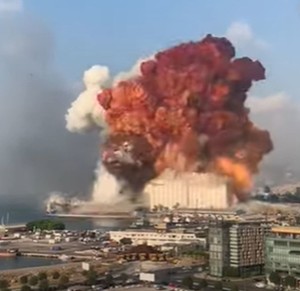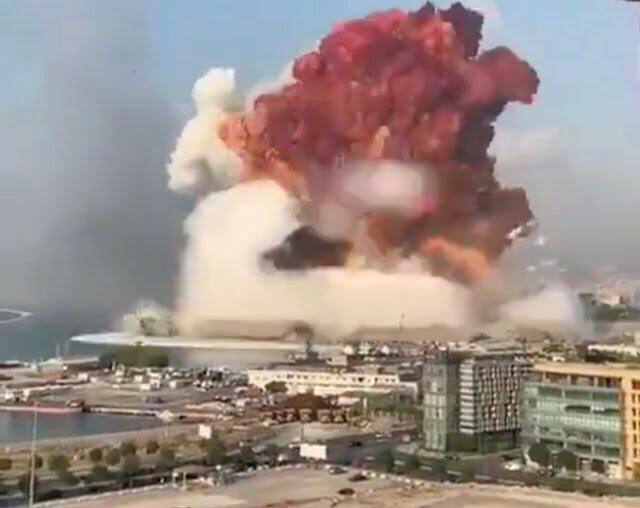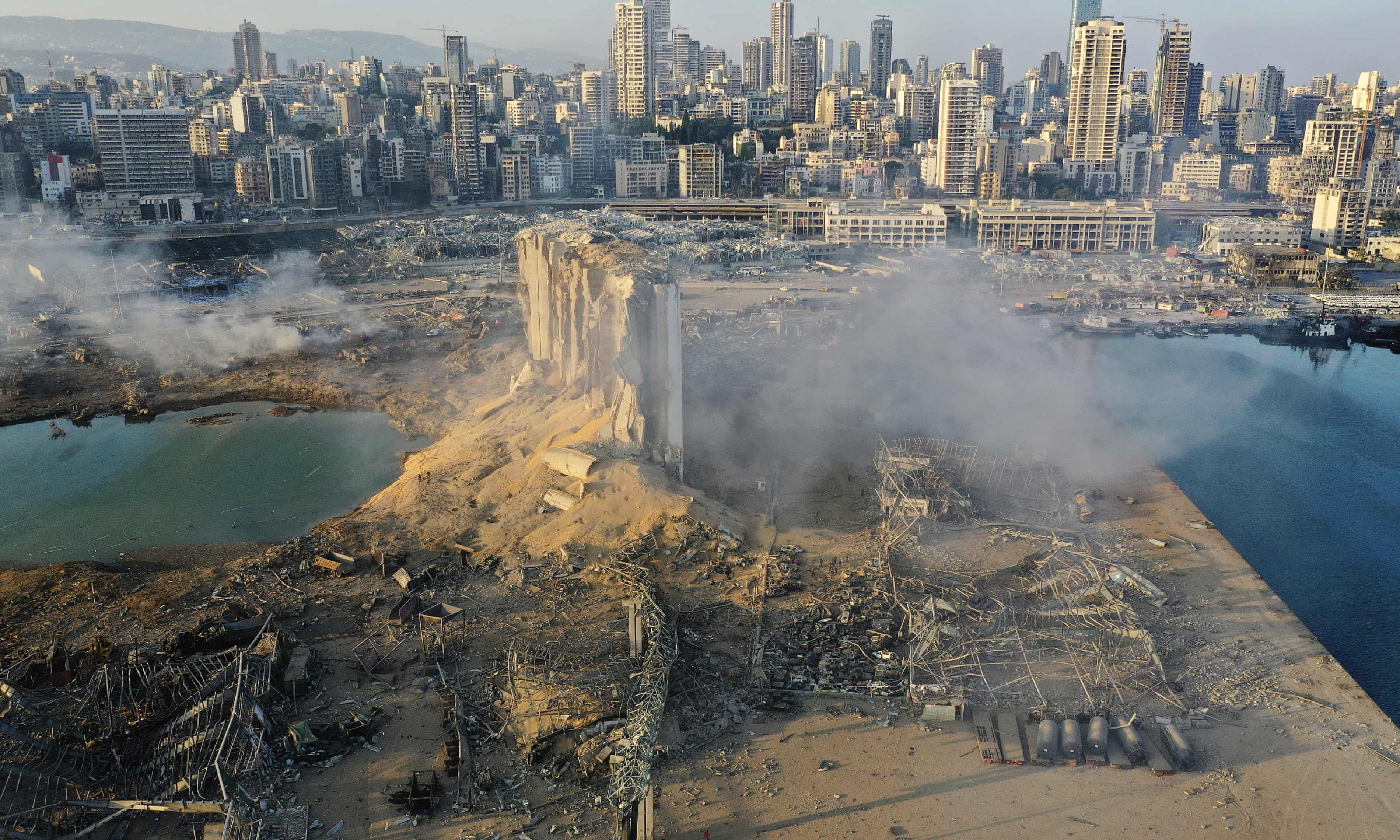Muslim antisemitism – It’s time to face reality
The think-tank the Henry Jackson Society has just published a report titled ‘Muslim Anti-Semitism In Contemporary Great Britain’. The author, Dr Rakib Ehsan a Muslim himself, describes this report and more importantly, the polling that makes up the body of the report as: “one of the most systematic and comprehensive surveys into the socio-political attitudes – both domestic and international – of British Muslims”. The findings of this report will add to the body of literature that thus far, appear to be scant and will therefore assist in understanding the manifestation of antisemitism in religious minority communities in Great Britain.Rogen and Maron: A Tale of Two Idiots
The executive summary of the report asserts a number of claims. First, when it comes to perception of other faith groups, British Muslims view Jews the least favourably. Only atheists, as a social group, are viewed less favourably. In addition to this, over a third (34%) of British Muslims polled for ComRes, thought that Jews had too much control over the global banking system. As far as antisemitic tropes go, this one appears to still maintain strength.
Looking at domestic politics, a third (33%) of British Muslims polled thought Jews again had too much control of political leadership, in comparison to 15% of the general population. This marks a significant increase that more than doubles that of the general population.
Furthermore, and in regards to dual loyalty, British Muslims came up at a staggering 44%, believing Jews were more loyal to Israel than they were to Britain. In comparison to the general population which polled at 24%, British Muslims are nearly twice the number. In addition to this, if you are a British Muslim and university educated, then you are more likely to believe in this and the broader belief in Jews having too much global control.
There also appears to be a link between attending mosque at least 3-4 times a week, which could impact on British Muslim attitudes on Jews. For example, the ComRes poll found that 55% of British Muslims that attended mosque frequently, compared to 34% that didn’t, were more likely to maintain this view.
In their rambling mission to define the ubiquitous modern American-Jewish identity, comedians Seth Rogen and Marc Maron decided on a recent episode of the latter’s podcast, WTF, that Jews should not care about supporting Israel or its survival.Medical experts give Ronni Gamzu’s coronavirus plan an A+
Israel sadly has become an inconvenient part of Rogen and Maron’s Jewish identities. The pair of comedians unleashed an error-ridden segment on Judaism, trashing American-Jewish education, making ignorant and intolerant comments about worshippers of other faiths, and joining in the all-too-fashionable Israel-bashing that one has come to expect from antisemitic, but not Jewishly educated, public figures.
Rogen claims that he was fed “a huge amount of lies about Israel my entire life” and declares that “every young Jewish person” is never informed that there “were people living there.” Rogen clearly ignores that the Hebrews, the Israelites, and the Jews lived in their ancient lands until they were expelled. The destruction of the Temples occurred ages ago. But comedians, more taken with themselves than with their heritage, find it easy to make fun of everyone, and even easier to say things that are designed to attract attention for their own purposes.
Rogen is starring in a Jewish film. Perhaps this was his bid for controversy to drum up interest in his art form. Shame on him.
No one denies that when the United Nations adopted the Partition Resolution in 1947 — setting the stage for the establishment of a Jewish state and an Arab state, with special status for Jerusalem — people of various religions, beliefs, and history lived in what were Ottoman Empire lands that then came under the British Mandate.
So, who are Rogen and Maron kidding, except themselves?
Despite public opposition to Prof. Ronni Gamzu’s strategic plan for stopping the spread of the novel coronavirus by Prime Minister Benjamin Netanyahu and the head of the National Security Council, the country’s new coronavirus commissioner managed to get his plan passed by the coronavirus cabinet late Wednesday night.Coronavirus vaccine race: Israel to begin human testing by October
This victory bought Israelis at least two weeks without a country-wide lockdown. It also formalized his role as the professional who will take Israel on a strategic path toward conquering corona.
But what do medical professionals think of the plan?
The Jerusalem Post asked three top health experts how they would grade Gamzu’s plan – and all of them gave it top scores.
Cyrille Cohen, head of the immunotherapy laboratory at Bar-Ilan University, told the Post that Gamzu avoided what would have been an unwarranted and ineffective lockdown.
Israel has tried lockdown and it did not work long term, he said.
“I hear a lot of people saying put lockdown in effect now and end” the spread of the virus, said Cohen. But he noted that if nothing else changes, then within two weeks of lifting the lockdown, Israel would be back where it started with regards to the infection rate – and even worse off from an economic standpoint.
Furthermore, he said that if one looks closely at the data, it is correct that “we are seeing a kind of flattening of the curve.” He said Gamzu is looking not only at the total number of new patients but the number of critical patients.
“Right now, the hospitals say they are able to maintain this – it’s not the best, but they can maintain it,” Cohen said.
Israel is about to take a giant leap in the development of a vaccine for the novel coronavirus, the Defense Ministry said Thursday, announcing that the Israel Institute for Biological Research will begin testing its vaccine for the novel coronavirus on humans by October, the Defense Ministry said.Determined to build COVID tests of future, Israel collects 20,000 swabs in India
Defense Minister Benny Gantz visited the IIBR on Thursday for an update on advances in its vaccine and antigen against the novel coronavirus.
“Experiments on humans should begin after the High Holidays,” Gantz said. “First of all, I would like to thank you – the people in the Defense Ministry and the people at the institute, who are doing a fantastic job.”
He said that the human trials would be conducted in collaboration with the Health Ministry and “according to all the processes required in terms of medical safety.”
Prof. Shmuel Shapira said that IIBR “set off six months ago” to develop the vaccine, adding that now it has developed “an excellent vaccine.”
“We will start safety and efficacy trials after the holidays,” Shapira continued, “but we have a product in hand.”
In a nine-day swabbing marathon, an Israeli delegation in India has collected samples from 20,000 coronavirus patients, and says the data could facilitate new express testing methods to help societies return to their routines in the shadow of the pandemic.
Working with the Indian authorities, the Israeli team asked people who had tested positive to take another swab test, and also provide three other samples: breath, a recording of their voice, and saliva.
Attempts are underway in Israel to develop quick-turnaround coronavirus testing tech that eliminates the lengthy process of taking swabs from the nose or throat to labs for analysis, and scientists need large numbers of samples to accurately develop their tests.
As India has more than 585,000 active coronavirus cases, compared to Israel’s 25,800, it is a plentiful source of samples. The India mission is expected to push forward development of the new testing methods.
Members of Israel’s coronavirus mission to India, in Delhi. (Israel Ministry of Defense Spokesperson’s Office)
“The goal is to bring the world the technological capability to perform rapid coronavirus tests within tens of seconds, which will enable the opening of airports, office buildings, schools, train stations and more,” said Israel’s defense attaché to India, Col. Asaf Maller.

































